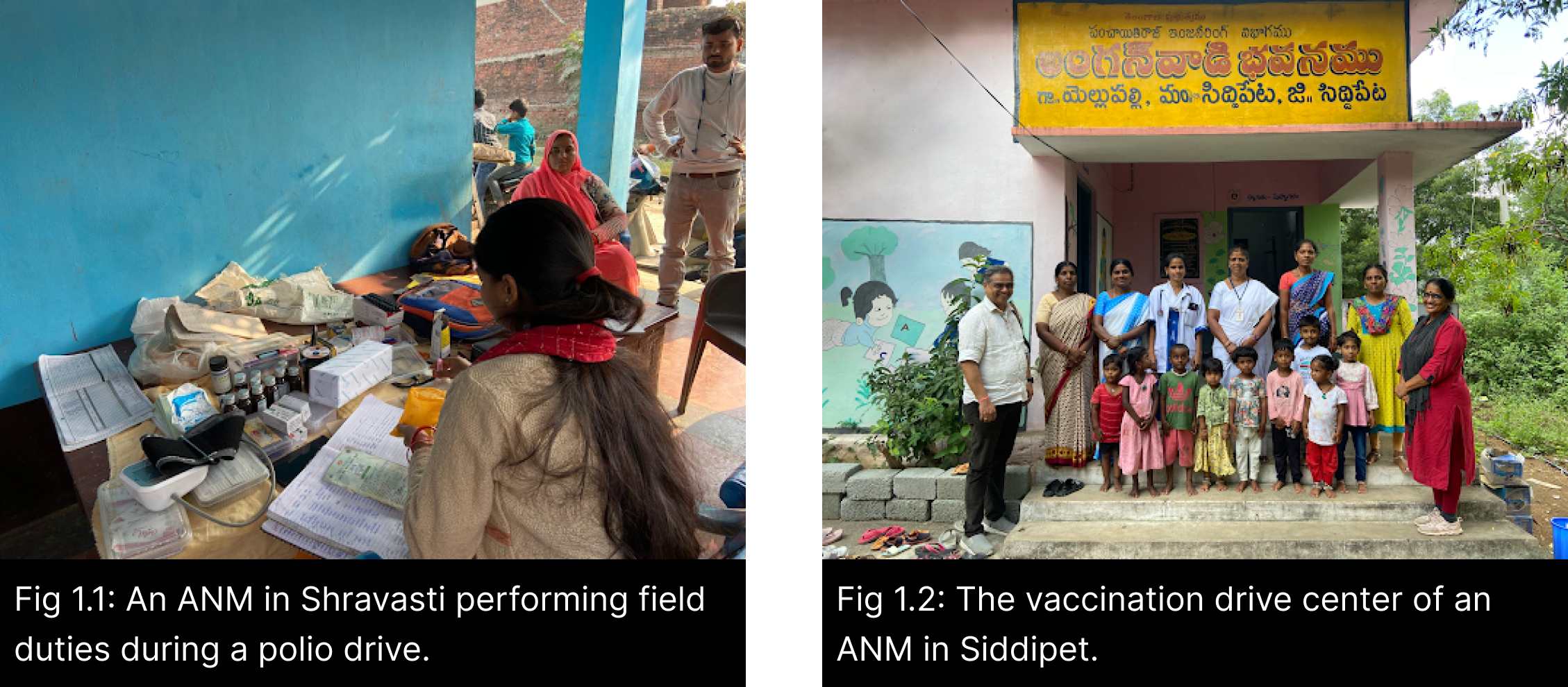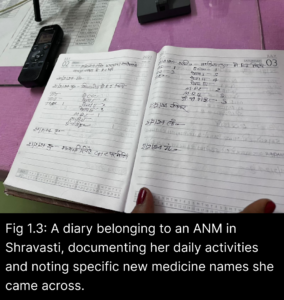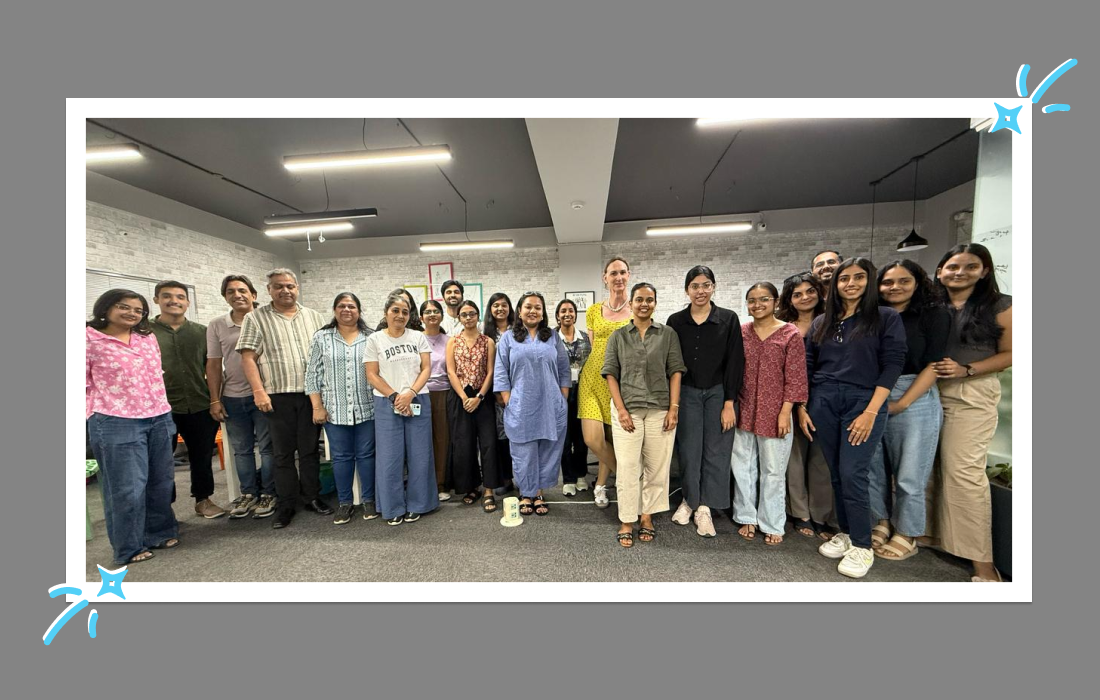Blogs
Beyond the Books: Real-World Research Insights
Bhavya Gupta
Posted On February 18, 2025

Stepping into the field as a novice researcher is an experience that no training or theory can fully prepare you for. It’s where structured research guides must adapt to the unpredictability of real-world interactions and where conversations can emerge through observation and reflection. Through my recent work on maternal healthcare with specific focus on improving high-risk pregnancies and their management, I came across the nuances of conducting research in complex field settings.
For those new to field research, this is an attempt to share what worked, what didn’t, and the mindset shifts that helped me navigate this experience.
So to begin with some context on the project – The core challenge was the frequent irrational referrals of pregnant women to healthcare facilities, delaying care for those needing urgent attention. Our goal was to make the Learning Management System (LMS) more intuitive, enabling ANMs to better identify and manage High-Risk Pregnancy (HRP) cases while fostering a sense of intrinsic motivation to learn and engage with the app.
As a researcher, my role involved uncovering the learning mindsets of ANMs—understanding what motivates them to seek information, how they acquire new skills, and the factors influencing their work practices.
We traveled across a few districts in Telangana and Uttar Pradesh, engaging with approximately 28 ANMs at various Community Healthcare Centers (CHCs) and Public Healthcare Centers (PHCs).
At a broader level, this fieldwork provided me with insights into the ANMs’ learning environments, focusing on the complexities of designing learning methods tailored to their needs. Also, highlighting some practices that I learnt from my fellow researchers and would likely carry forward into my next fieldwork setting.
In the section below, I’ll share some of the key observations and takeaways from this fieldwork:

Adapting the moderation guide to the context:
Observing ANMs in their natural work settings highlights the importance of tailoring our questions and methods to create a sense of ease and comfort. A moderated setup, paired with a conversational approach, provided a space for the ANMs to openly share their experiences.
In settings like those shown in Fig. 1.1, delays are inevitable, as the ANMs are often multitasking and actively engaged with their duties during sessions. This naturally makes the sessions more asynchronous, which is an expected and important consideration when conducting fieldwork in an environment like the above.

Tangible Artifacts as Data Points for the research:
It was interesting to observe that many experienced ANMs relied on tangible learning tools such as books, notes, and sometimes their lived experiences and knowledge to refer to something while on duty. Many referred to handwritten notes to recall medicine names, symptoms, and case details.
These elements provided great insights into how ANMs learn and retain information about specific cases. Such aspects could be replicated when designing a digital experience tailored to their needs. These artifacts and findings could be leveraged as valuable data points—going beyond the cells in a notesheet.

Sensemaking our way through:
Fieldwork often provides raw data (made on the notesheet), but to keep aligned with both the team and project goals, we used a sensemaking sheet to transform that raw data into actionable insights. Categorizing and organizing this information helped us identify patterns and construct themes that guided the design principles moving forward.
Summing up..
A Quick Guide to Field Research:
As someone relatively new to field research, this study has been a valuable learning experience. Here are a few practical takeaways for fellow researchers who are also new to fieldwork:
- Prepare for Offline Work: Don’t rely entirely on digital tools; always have offline backups of your guides, notes and tech equipment – carry pens, notepads at all times.
- Adaptability is Key: Be prepared to tweak your methods and questions based on the participant’s comfort and environment. Flexibility is key to creating a productive atmosphere.
- Observe Without Fatigue: It’s important to develop techniques that allow you to stay attentive and observant without exhausting yourself eg: What worked for me was scheduling sessions in a way that allowed some time for any unexpected delays. Additionally, jotting down key words or phrases during observing sessions allowed me to reflect on key verbatims without losing focus.
Fieldwork is as much about pacing yourself as it is about collecting great insights – PS: Always have a protein bar on hand!
To anyone who is just getting started, Happy Field-working!


